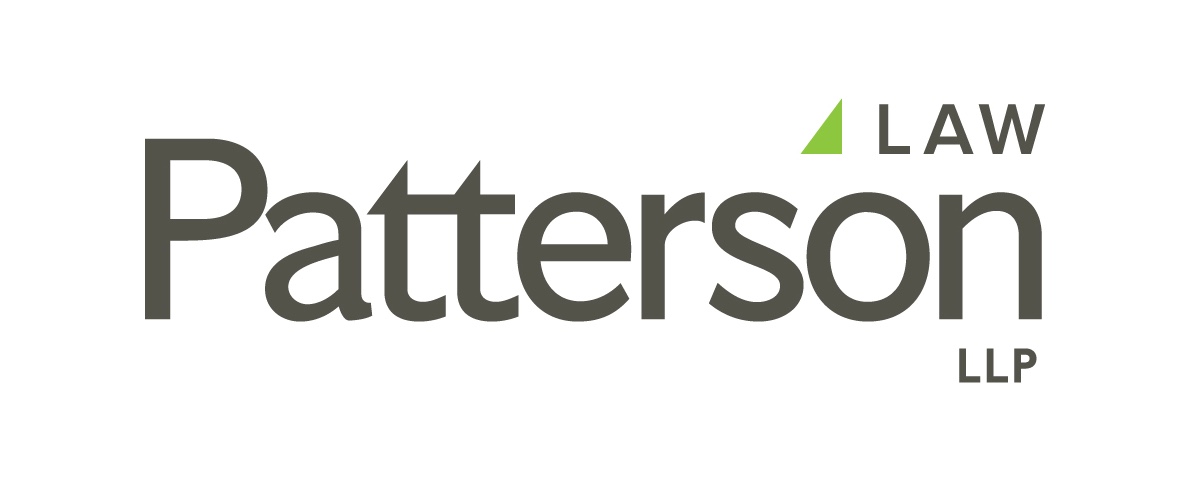Comment on Mass Casualty Commission
Published February 17, 2022
In response to media requests to discuss our clients’ feelings as the Mass Casualty Commission approaches the beginning of its public proceedings on February 22, 2022, on behalf of those persons “most affected” who are represented before the Commission by Patterson Law, we offer the following comment.
We have previously expressed our concerns about the history of delays regarding the commencement of these public proceedings. We have previously indicated that we voiced our clients’ opposition about a further delay in the commencement of these public proceedings, and we share their eagerness for these public proceedings to get under way. However, we are also concerned that the fact-finding portion of these public proceedings will be truncated as a result of their delayed commencement. Aside from our frustration about a lack of detail about the schedule of the public proceedings, we hold fear that evidentiary matters which we, on behalf of our clients, will fail to be fully explored by the Commission.
Our concerns about the completeness of the Commission’s fact-finding process are aggravated by the lack of information with which we have been provided in regards to what the public proceedings will entail, including:
- who will be called as a witness during the public proceedings, how they will be asked or required to give evidence, and upon what subject matter(s) they will be directed to speak;
- whether we, on behalf of our clients, will be permitted opportunity to examine any such witnesses, whether on the subject matter we judge appropriate, or at all;
- what the revised Foundational Documents will look like (only three of which have been made available to us in the past two weeks);
- when we will have access to the outstanding source materials which inform/are expected to inform the revised Foundational Documents;
- whether and what opportunities we, on behalf of our clients, will be afforded to test evidence presented to the Commissioners, whether presented in the form of revised Foundational Documents, source materials, witnesses or otherwise;
- whether and what opportunities we, on behalf of our clients, will be afforded to raise objections to evidence which is not presented to the Commissioners during the public proceedings, including objections we have to Commission Counsels’ decisions not to particular individuals as witnesses to give any evidence during the public proceedings;
- what further disclosure we should anticipate to receive in advance of or during the public proceedings, and when (such that we cannot know whether we have had access to all of the evidence which will inform the revised Foundational Documents, whether in advance of any opportunities for us to make submissions or otherwise);
- what opportunities we will have to make submissions about various matters during the public proceedings, and during those opportunities, what matters we will be permitted to make submissions about;
- in what manner we and our clients will be permitted to appear, in person or otherwise, at the public proceedings, the particulars of which have yet to be provided to us.
It is critical that these opportunities be provided to our clients. “This has been the review that we fought against,” says our client, Nicholas Beaton. “We wanted the tools that a public inquiry would give us, that a review would not… All this has done is cost taxpayers millions of dollars, only to give us a review anyway.”
We are fully invested in pursuing our clients’ interests throughout the course of these public proceedings, and we will participate to the fullest extent allowed. However, we share our clients’ deep discouragement at the limited information about these public proceedings (in particular, about what opportunities we will or will not be given to participate on behalf of our clients). In the absence of meaningful indications to the contrary, we fear that our clients’ participation in the public proceedings will be unduly reduced, if not actively restricted. Our clients will not be satisfied for their participation to be anything but fulsome, and meaningful, and they will not endorse a public inquiry which provides them with anything less. Similarly, our clients insist, and will continue to insist, that a public inquiry which they can support must embody a thorough and demonstrably impartial canvassing of all evidence relevant to what happened on April 18-19, 2020, and why those events happened.
Our clients continue to watch for signs that the public inquiry will proceed as it should, but feel greatly disappointed that, a week before commencement, there is no assurance that it will be anything other than the review that our clients marched to oppose in the summer of 2020. In the words of Mr. Beaton, “I feel severely let down… I fought so hard for this public inquiry so that another husband and father would not have to go through this. The Commission is supposed to ask the hard questions and identify where things went wrong and how things need to change, but right now I just don’t see that happening.”
It will be understood and appreciated that the upcoming public proceedings weigh heavily upon our clients, and we ask that media inquiries continue to be conveyed through Patterson Law.
Media Inquiries
Contact: Sandra L. McCulloch
Telephone: 1.902.897.2000
Email: smcculloch@pattersonlaw.ca

